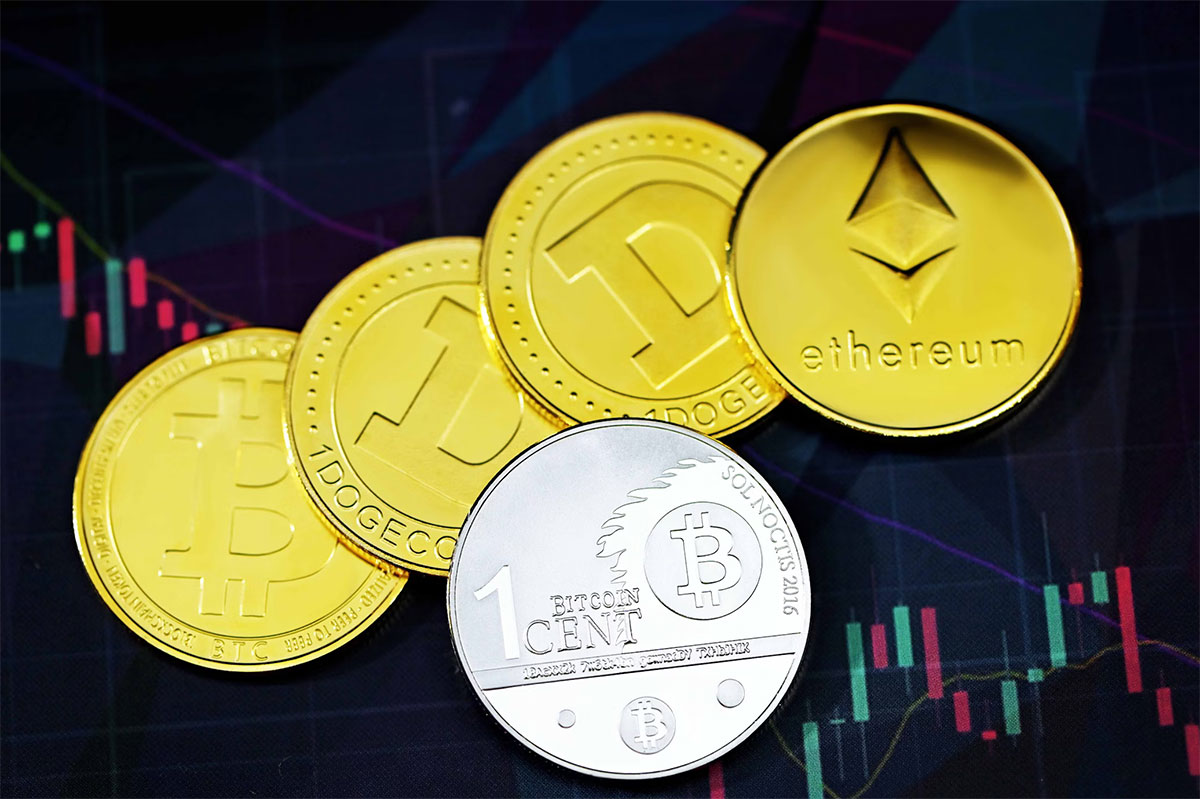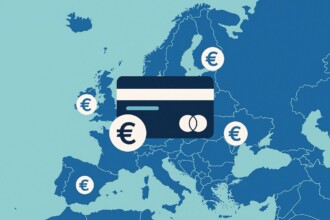Venturing into the world of cryptocurrencies begins with a crucial step: creating a reliable crypto wallet. This guide is tailored for beginners to emphasize the importance of security, user-friendliness, and versatility in managing your digital assets. By understanding these elements, you can make informed decisions that enhance your experience in the crypto space.
Crypto Wallets: The Basics
Before exploring how to make crypto wallet, it’s essential to understand what it actually is: a digital repository for cryptocurrency. A crypto repository does not store physical currency, as traditional wallets do, but instead holds digital credentials—keys—that allow you to access your cryptocurrencies and interact with blockchain technologies. There are two primary types of crypto repositories:
- Custodial Wallets: These are managed by a third party, offering convenience as the service provider manages the security of your keys. However, you must trust the provider to secure and handle your assets.
- Non-Custodial Wallets: These allow you full control over your keys and, consequently, your assets. They require a bit more technical knowledge but provide greater security because only you have access to your repository’s private keys.
Many platforms offer either one type of wallet or another, while some, like Nonbank, provide the benefits of both. Nonbank simplifies cryptos management by offering a platform that merges the functionalities of both custodial and non-custodial wallets.
It caters to modern financial management needs, providing a user-friendly interface that helps beginners and experienced users alike manage their digital assets efficiently. Nonbank’s innovative approach allows users to enjoy the security of having control over their private keys, with the added convenience of custodial services.

How to Choose the Right Wallet
When selecting a crypto repository, you should consider several factors. These include the following:
- Security: Look for wallets that offer robust security features like two-factor authentication, multi-signature repositories, and consistent software updates.
- User Experience: Especially for beginners, choosing a wallet with an intuitive interface can greatly simplify monitoring your assets, executing transactions, and managing your account without hassle.
- Versatility: A versatile repository supports multiple types of cryptocurrencies and can integrate different blockchain applications.
Practical Steps to Set Up Your Wallet
- Research: Start by researching different types of wallets to find one that matches your needs in terms of security, ease of use, and supported cryptocurrencies.
- Download and Install: Once you’ve chosen a repository, download and install it either on your mobile device or computer, depending on the type of repository.
- Secure Your Wallet: Set up all possible security measures offered by the repository. This includes creating a strong password, setting up two-factor authentication, and securely storing any backup recovery phrases.
- Transfer Funds: Purchase cryptocurrency through an exchange and transfer it to your repository. Remember, it’s safer to keep your crypto assets in a wallet than on an exchange.
- Update and Monitor Your Repository Regularly: Keep your software updated, and regularly monitor your repository to check for unauthorized transactions or vulnerabilities.
Bottom Line
Creating your first crypto wallet is a significant first step into the world of digital currencies. By choosing the right repository—like the versatile solutions offered by Nonbank—and implementing the necessary security measures, you can ensure a safe and productive experience in crypto management. You are welcome to stay updated with NonBank on X to keep abreast of the latest innovations and features in the crypto landscape.









